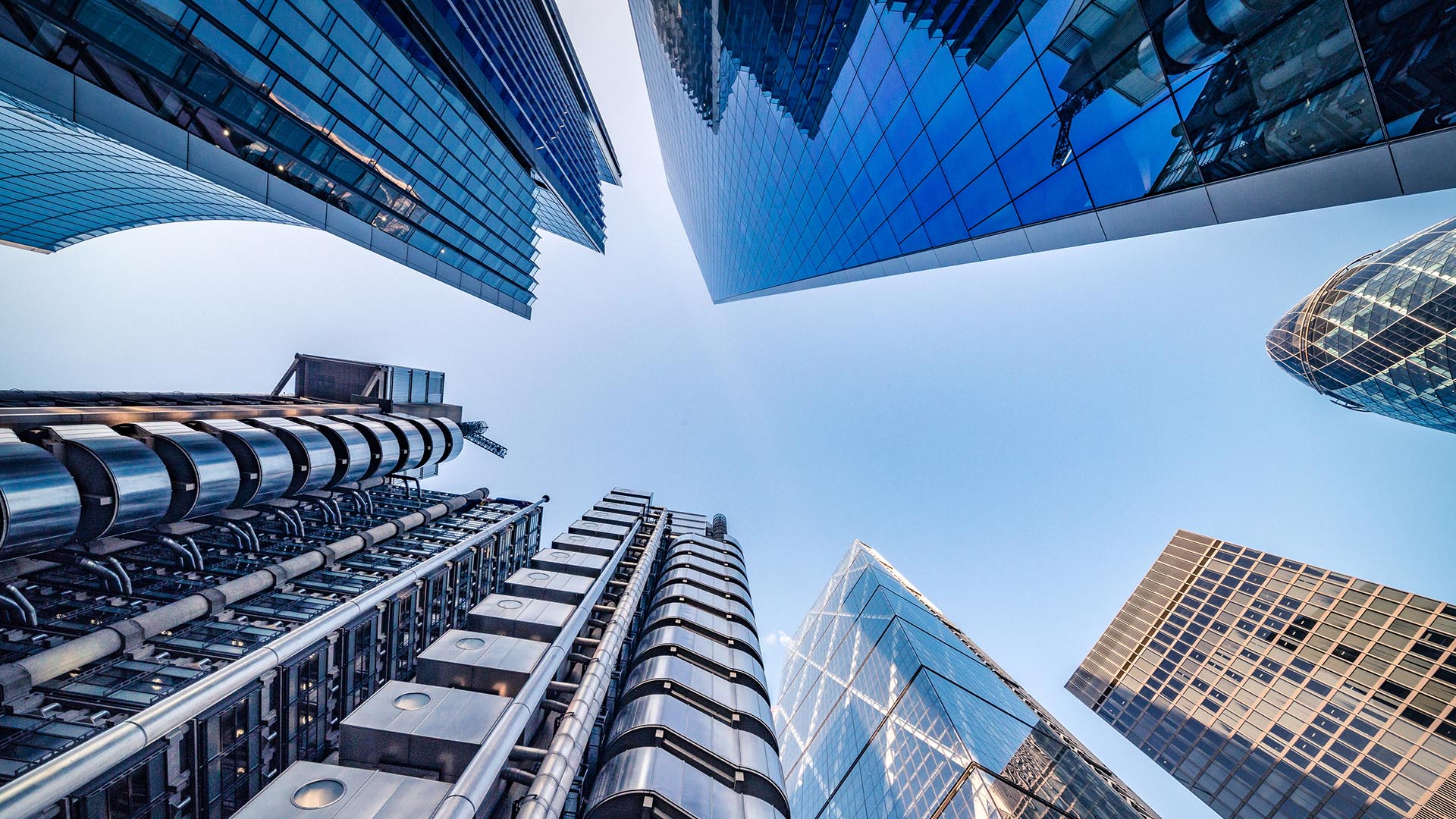Investing
Calm or volatile? How did the stock markets perform in 2021?

As we begin 2022, it is perhaps a good time to reflect on 2021 another incredible year with more twists and turns than an Agatha Christie mystery.
It was another year-long roller coaster ride of hope and fear, which sped up and then put the brakes on the world’s economic recovery, something compounded by the arrival of Omicron in November.
In addition, the world saw inflation at a level not seen in decades, something that prompted rumours of increased interest rates.
Overall, though, stocks and shares in developed nations showed positive returns during 2021, so read on to discover more about how the world economy and how investments performed.
Broadly, it was a difficult year for global economies
In Britain and the rest of the world, 2021 saw supply chains break down because of the effects of Covid and the lockdowns that it brought.
Across the world, supply chain difficulties and rising energy costs put cost pressures on manufacturers. In Britain, factories saw prices rise at their fastest rate since records began because of shortages of components, commodities, and labour.
Despite this, data from Markit (PMI) – which monitors business activity in the UK – revealed the nation’s economy might be recovering more quickly than expected.
That said, the arrival of Omicron in November sparked fears it could put the brakes on the world’s economic recovery. These fears waned as 2021 came to a close, as reports suggested its symptoms were less severe than previous variants for most people.
Inflation became a key concern
In December, Britain’s Office for National Statistics revealed that inflation stood at 5.1% in November, the highest rate for more than a decade. The US saw inflation reach 6.8%, the highest since 1982, and the eurozone saw it reach 4.9% in November 2021.
Inflation affected most countries, caused to some degree by the speed of economic recovery, supply chain disruptions, monetary policy, and increased energy prices.
Because of rising inflation in the UK, the Bank of England increased its base interest rate from 0.1% to 0.25%. That said, the European Central Bank has stated it will not be doing the same.
Overall, stocks and shares performed well
Against this backdrop of uncertainty, you might expect investments to suffer. In fact, most stock markets in developed nations saw strong performance during 2021, and in some cases, reached record highs.
The graph below is from a recent article in the Guardian, which reveals that, in 2021, the FTSE 100 recorded its best year in five years despite the Covid pandemic. The index, which tracks the performance of the largest 100 companies on the London Stock Exchange, finished 14.3% up.

Source: the Guardian
According to CNBC the S&P 500 rose 26.89% in 2021, thanks in part to the energy sector. The Nasdaq, which includes tech companies, rose 21.39%.
Broadly, the technology sector continued to provide positive growth for investors. One reason for this was the pandemic speeding up the move towards homeworking and video meetings, which helped boost valuations of these tech companies
There were winners and losers though. Companies in the travel and hospitality industry tended to be the losers as they struggled with a succession of restrictions put in place to slow the spread of Covid.
In addition, some markets such as China and Japan fell over the course of 2021.
The uncertainly is likely to continue in 2022
As we head into 2022, uncertainty remains the order of the day. Despite the vaccination programmes in many countries and reports that Omicron may be less severe, it’s likely we’re not out of the woods yet when it comes to Covid.
According to interactive investor, more than half of investors (56%) questioned said they felt a stock market crash caused by Omicron was the biggest risk to their wealth in 2022. While you should always remember the stock market goes down as well as up, the biggest risk to your wealth is more likely to be how you react to a downturn.
For example, making a knee-jerk decision to sell your investments to reduce any losses might mean you lose out on future growth when the stock markets recover and rise in the future. Speaking to a financial planner could help you understand what’s happening with the markets, and what your best option might be to help shield your investments from the effects of a downturn.
If you would like to find out ways to protect your wealth and investments from a stock market downturn, please read our recent blog.
Get in touch
If you would like to discuss the performance of your investments during 2021, or your wealth more generally, please contact us by calling 0800 434 6337.
Please note:
This article is for information only. Please do not act based on anything you might read in this article. All contents are based on our understanding of HMRC legislation, which is subject to change.
The value of your investments (and any income from them) can go down as well as up and you may not get back the full amount you invested. Past performance is not a reliable indicator of future performance. Investments should be considered over the longer term and should fit in with your overall attitude to risk and financial circumstances.

Have My Cake And Eat It

A change in lifestyle



